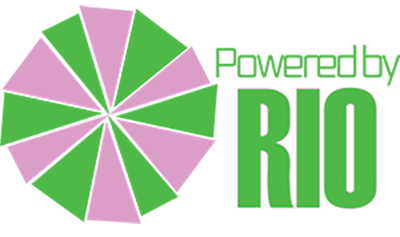Ok so the Search Console may be part of this discussion but, there's some other super important tools you need in order to properly optimize your website. Mistie talks about the backend code and structure of your website and why learning the basics of HTML and CSS will help you a lot more than doing keyword research. Tips and tangents galore in this episode! Find out why forcing a content posting schedule may not work out the way you think, and why some websites get more traffic than others. This is everything you need to know about SEO that you didn't think you needed to know. Got questions? Leave a voice message by clicking the link below. Thanks so much for listening! Happy Website-ing!
